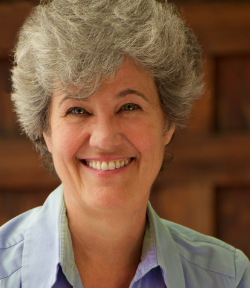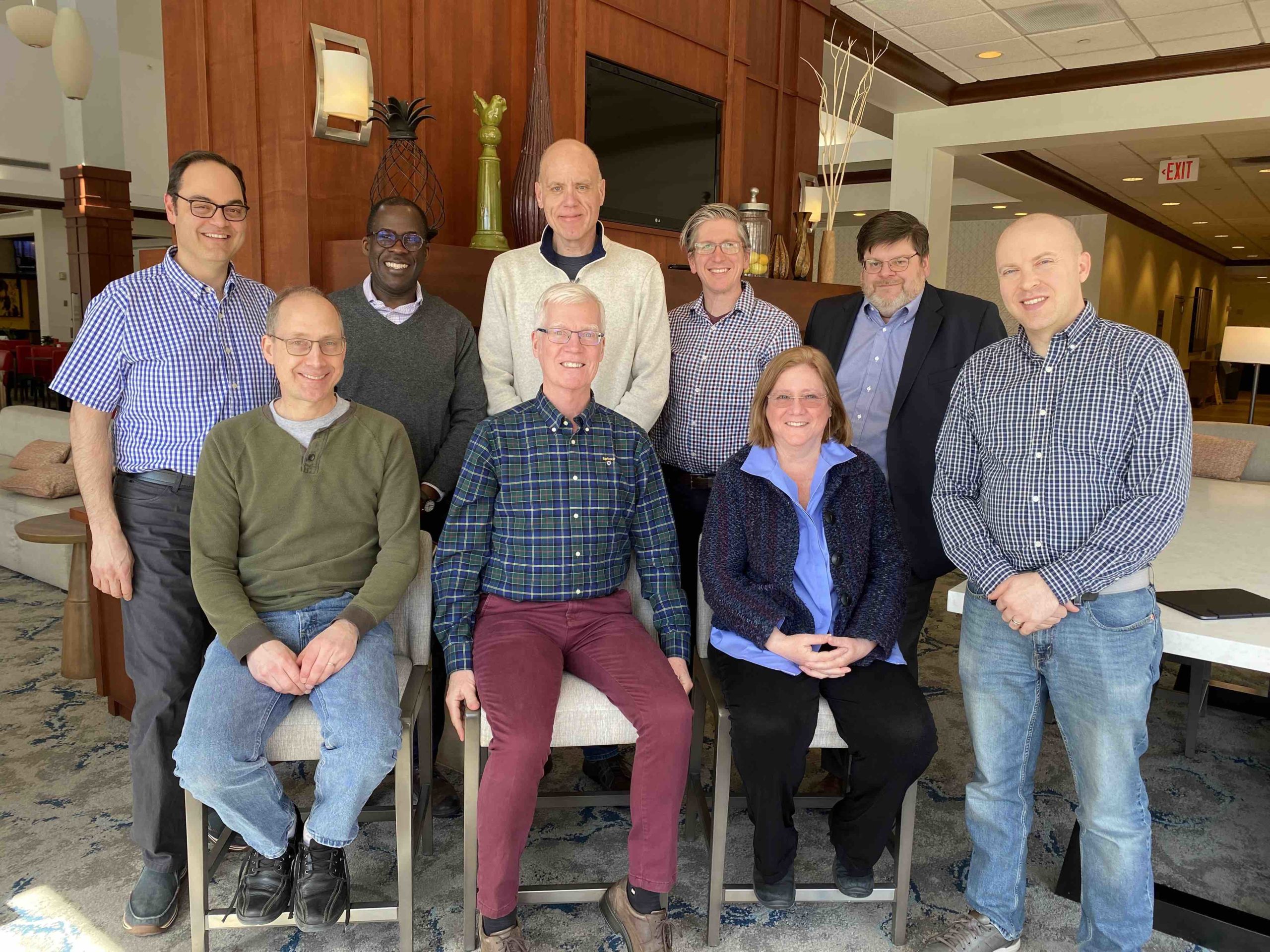
Photo credit: Diane Alancraig Photography
I generally shy away from using my own orchestra, the Los Angeles Philharmonic, as an example for our industry. The average yearly income for most ICSOM orchestras is 40% earned and 60% donated. The LAPhil is just the opposite, about 60% earned and 40% donated, mostly due to income from the Hollywood Bowl summer season.
But I will say this. Last month our CEO, Chad Smith, came onstage to announce to the orchestra that this winter’s ticket sales have nearly returned to pre-pandemic levels and that Hollywood Bowl subscription sales have exceeded any previous year’s sales.
That, I think, is a good harbinger for us all.
According to a survey done last month by the Advisory Board for the Arts (ABA)—a global strategic planning service for orchestras, opera companies, ballet companies, theater companies, and performing arts centers—more than half of their member arts organizations saw a 60% return of their audiences in 2022. And 72% are expecting to see an increase in ticket sales for 2023. Subscription sales remain lower than previous years, but single ticket sales are up (see https://www.advisoryboardarts.com for more information).
A critical factor in selling tickets is that it costs more to sell single tickets than to sell subscriptions. Digital advertising had the largest increase in return on investment for sales in 2022. Social media advertising (up 63%), digital ads (up 54%), and video promotions topped marketing tactics to increase ticket sales. Which might shed some light on why our Integrated Media Agreement (IMA) negotiations have been so sticky this time around.
Familiar and traditional programming—including holiday events—brought in the most audience according to 68% of the ABA survey respondents. Featured solo artists brought in the next highest ticket revenue at 40%.
It looks as if we are returning—faster than I would have anticipated—to our pre-pandemic operations. And I hope I didn’t just jinx it by saying so.
As you can see from our cover article, ICSOM is extremely proud and excited to announce our new partnership with Boston University Tanglewood Institute (BUTI) to underwrite a single, full scholarship to the BUTI Young Artists Orchestra summer program at Tanglewood. We have committed to a five-year program that will provide one full-tuition scholarship each year to BUTI for a pre-professional musician from an underrepresented group who demonstrates financial need that would otherwise prohibit them from attending.
After a year’s delay, the 102nd American Federation of Musicians (AFM) Triennial Convention will be held in Las Vegas this June 26–29. The ICSOM Governing Board has submitted our proposed Strike Fund bylaw resolution, amending the bylaws to allow the trustees of the fund additional leeway in considering awarding strike fund benefits in the case of force majeure or implementation of the doctrine of impossibility. As it stands now, the only possible scenarios for awarding benefits are a strike or lockout.
As you well know, during the pandemic several ICSOM employers furloughed their musicians or declared force majeure. Those musicians were deprived of all wages guaranteed in their collective bargaining agreements—and in one orchestra, health benefits as well.
This amendment would broaden the scope of reasons that the Strike Fund trustees would be able to consider in awarding benefits. Twenty-two Locals have co-signed and submitted our resolution in support of the proposed bylaw amendment. It will go through committee at the convention and be voted up or down by all the Locals in the Federation. Expect to read more on this in the next issue of Senza Sordino.
The ICSOM Governing Board recently met in Chicago this month to begin planning our own conference, which is scheduled for August 23–26 at the Hyatt Regency in Milwaukee, hosted by Local 8 and the musicians of the Milwaukee Symphony Orchestra. I’m looking forward to seeing their newly renovated hall, Warner Grand Theater at the Bradley Symphony Center, and to seeing all of our ICSOM delegates. It will be a busy four days!

The ICSOM Governing Board (missing Meredith Snow, who attended remotely) with counsel Kevin Case at the 2023 Midwinter Meeting
![]()





